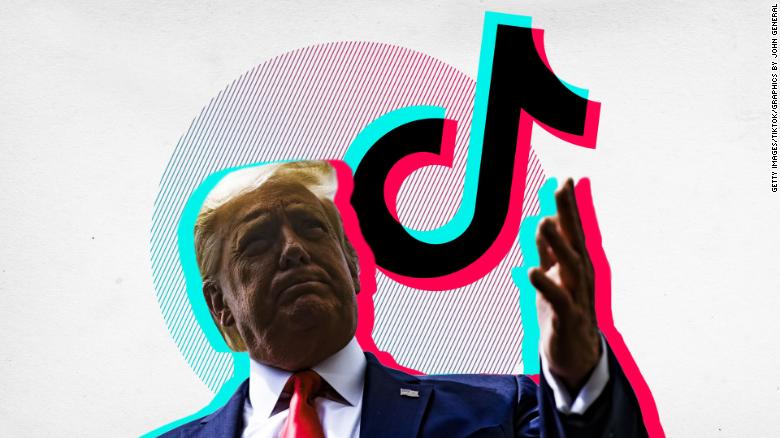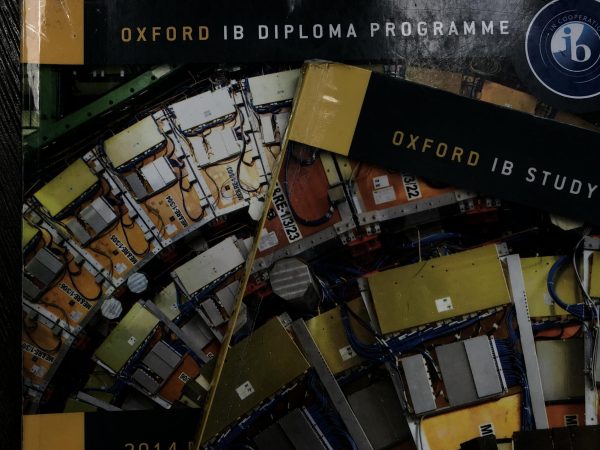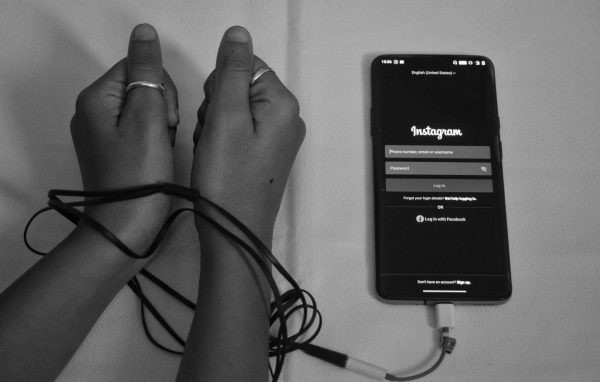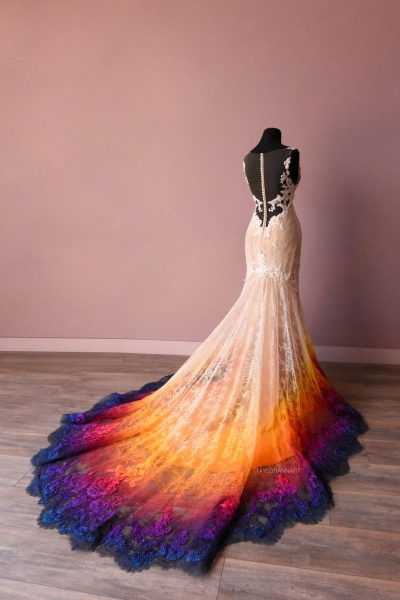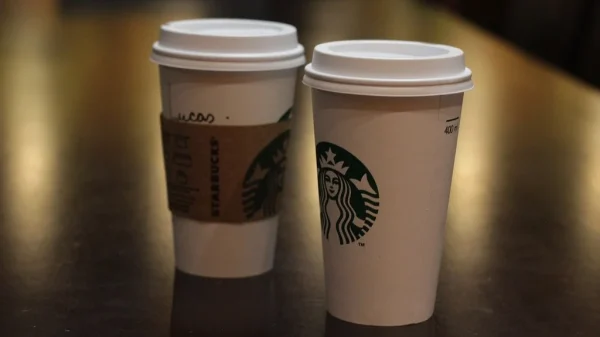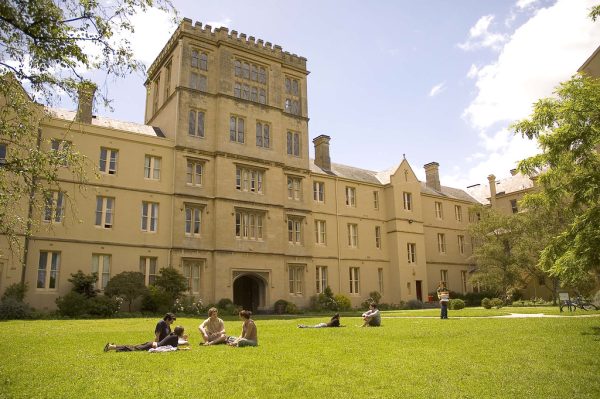Trump and TikTok
Getty Images/TikTok/Graphics by John General
President Trump’s war with TikTok winds to a close with the announcement of the Oracle-Walmart Deal in September 2020
Trump vs. TikTok: US Ban Averted with Oracle-Walmart Deal
The popular social media app TikTok has narrowly avoided a permanent ban in the US through a tentative deal approved by President Trump. The American tech company Oracle and the retail chain Walmart have joined hands with TikTok to create a new entity called TikTok Global, headquartered in the US, which will effectively address the implicated national security concerns regarding US user data collected through TikTok and satisfy the Trump Administration’s concerns about the close ties of the company to the authoritarian Chinese Government.
TikTok’s developer, a Chinese company called ByteDance, originally purchased the Shanghai-based app in 2017 when it was known as Musical.ly. ByteDance merged the app with Duoyin, its own similar app in the Chinese market, and changed the name to TikTok in 2018. The app made its debut in the US on August 2nd, 2018, and has since then grown to become one of Gen Z’s favorite apps through its viral dances, comedic content, and unique ability to predict user preferences through an artificial intelligence algorithm. The US has grown to become TikTok’s most lucrative market with over one hundred million monthly users alone, making ByteDance one of the first Chinese tech firms to truly reach a global audience.
President Trump and his administration first started targeting the popular app in July of 2020, claiming that TikTok’s ties to ByteDance and Duoyin could give the Chinese Government access to US user data, essentially making it a security risk for the nation. Commerce Secretary Wilbur Ross additionally cited it as a threat to the US Economy as well as its security, and claimed it could be used by the Chinese Government for “malicious collection of American citizens’ personal data” on the official Commerce Department website.
As a response to these concerns, TikTok made significant efforts to distance itself from its Chinese origins in order to remain prosperous in US markets. ByteDance fully removed the app from Chinese markets, separated its management team from that of Duoyin’s– hiring former Disney executive Kevin Mayer as CEO– and moved to store user data in Virginia (with backup in Singapore) rather than mainland China. TikTok also partnered with the US tech company Oracle, establishing it as TikTok’s “trusted technology provider” in America.
But for Trump, whose re-election campaign emphasizes a tough stance regarding China, these efforts did not ensure the security of the US. On August 6th, Trump pushed an executive order barring all business transactions between American companies and ByteDance, and announced a September 20th ban date for TikTok unless it was sold to a US company before then. According to the order, the app’s persisting ties to China and its collection of American user data could “potentially [allow] China to track the locations of Federal employees and contractors, build dossiers of personal information for blackmail, and conduct corporate espionage” (Executive Order of August 6, 2020).
TikTok responded to this executive order with outrage, filing a federal lawsuit against the Trump Administration on August 24th. The lawsuit claims that TikTok has taken “extraordinary measures” to protect the personal data of the hundred million monthly US users, as demonstrated from its previous efforts to distance itself both physically and technologically from China. From a constitutional standpoint, the suit claims that this order was issued without allowing the opportunity for the company to respond, essentially violating the rights of due process. TikTok’s attorneys additionally state that this order exceeds the authority of Trump in that this action can be seen as a violation of the company’s free speech rights, which are protected under the First Amendment. The company claims that this breach of trust between global markets and the US Government sets “a dangerous precedent for the concept of free expression and open markets”, as quoted for an article for the BBC.
However, TikTok was forced to find a buyer in the US lest they lose their most profitable market. The Oracle-Walmart Deal rescued the company on the day it was set to be banned– much to the relief of the hundreds of thousands of TikTok users who were preparing to wave a tearful farewell to their favorite social media app. With the new Oracle-Walmart TikTok Global and the complete relocation of its headquarters, TikTok is hoping that the Trump Administration will cease its attacks on the company. Trump has given the Oracle-Walmart deal his blessing, announcing to reporters that he “approve[s] the deal in concept” (CNN). While TikTok executives still strongly disagree with the implications that TikTok is a real security threat to the US, they understand the concern and are pleased that they have found a way to continue to thrive in the US.

Julia is currently a senior at West Morris Central and a staff writer for The Paw. She plays violin in the WMC Symphony, participates in Cross Country...

